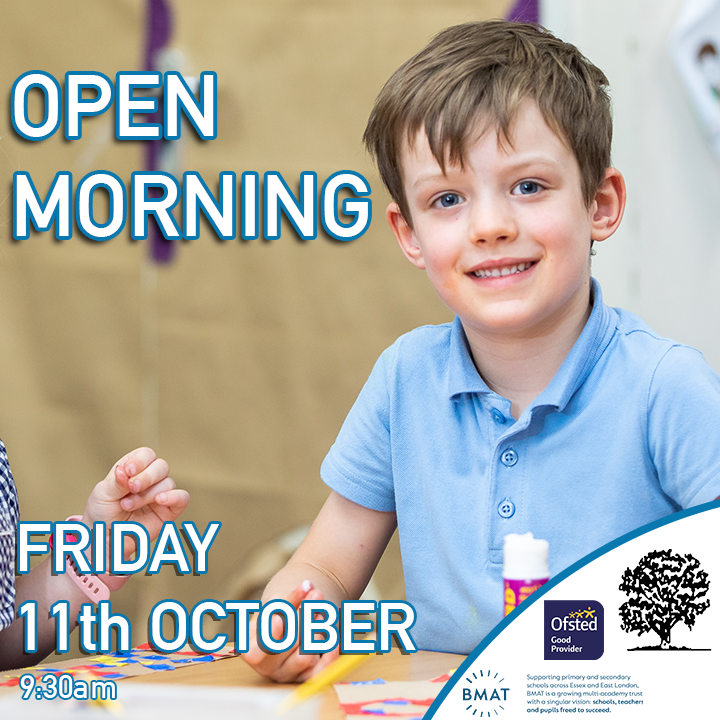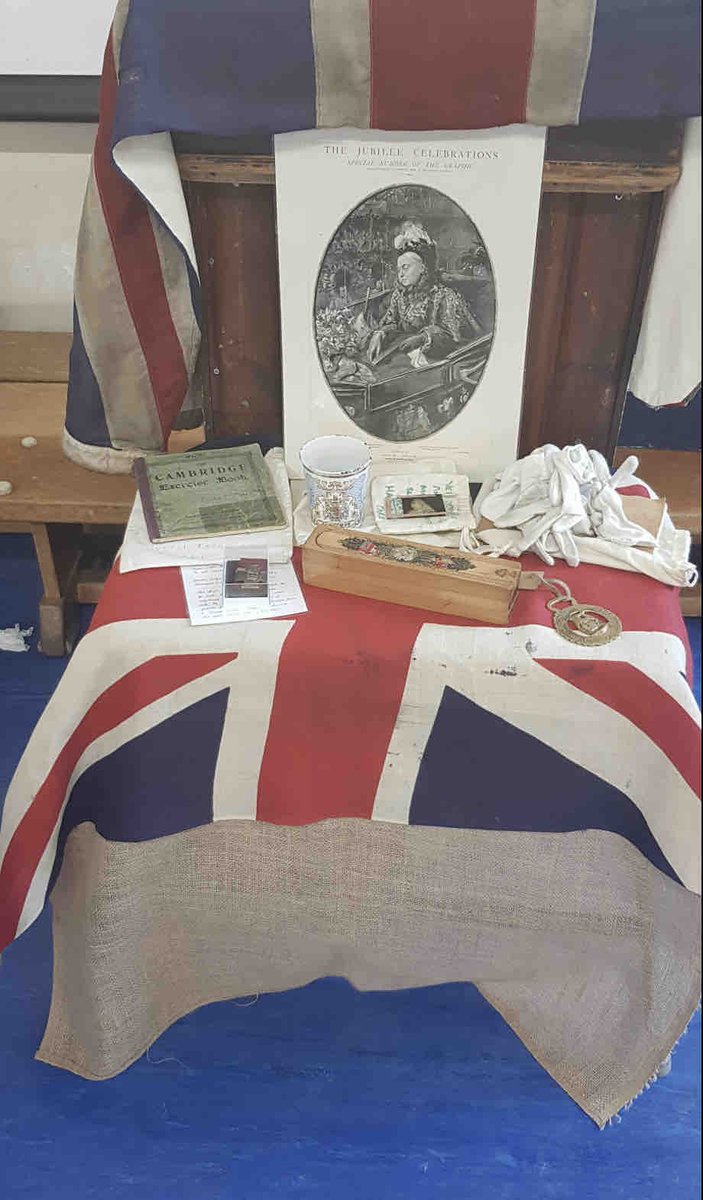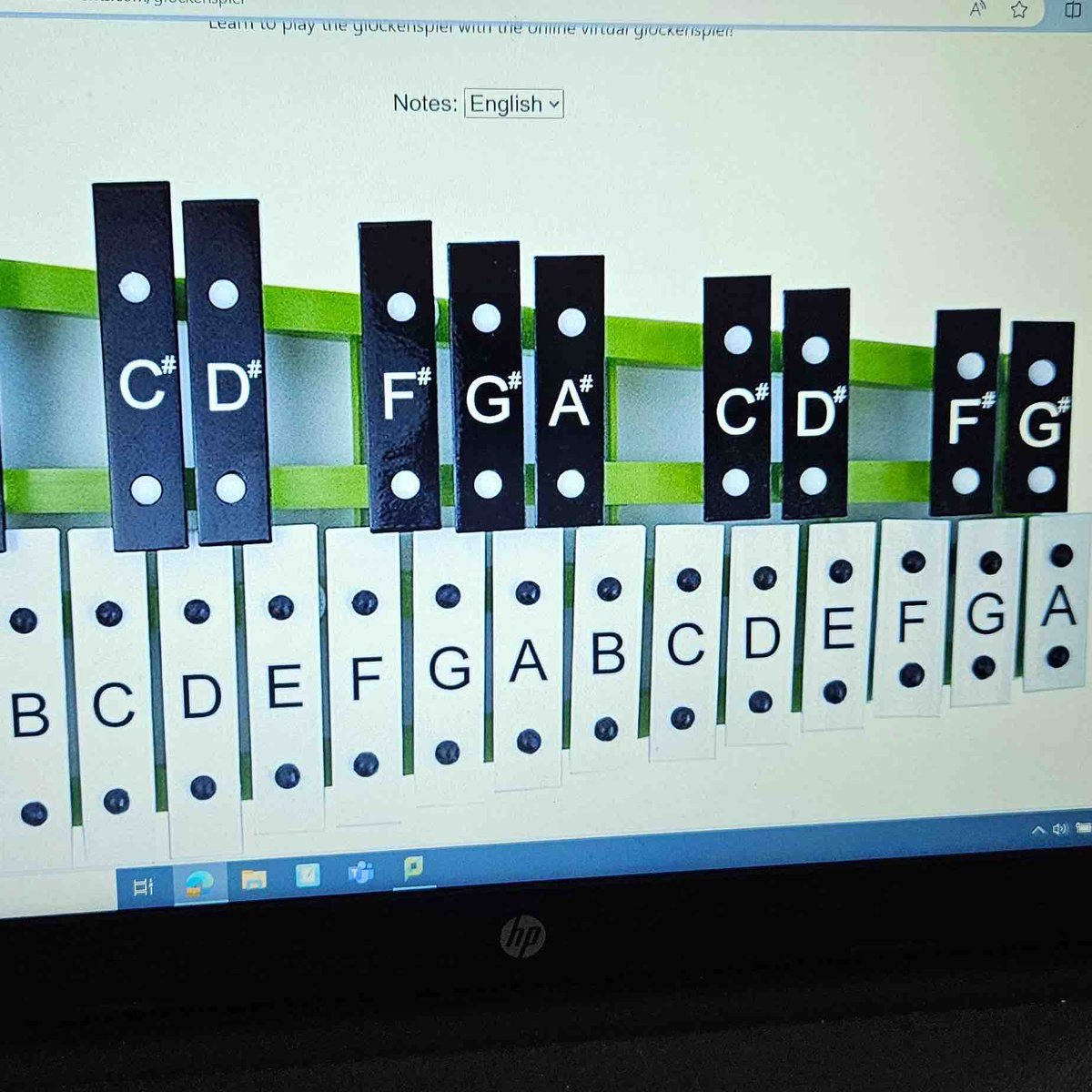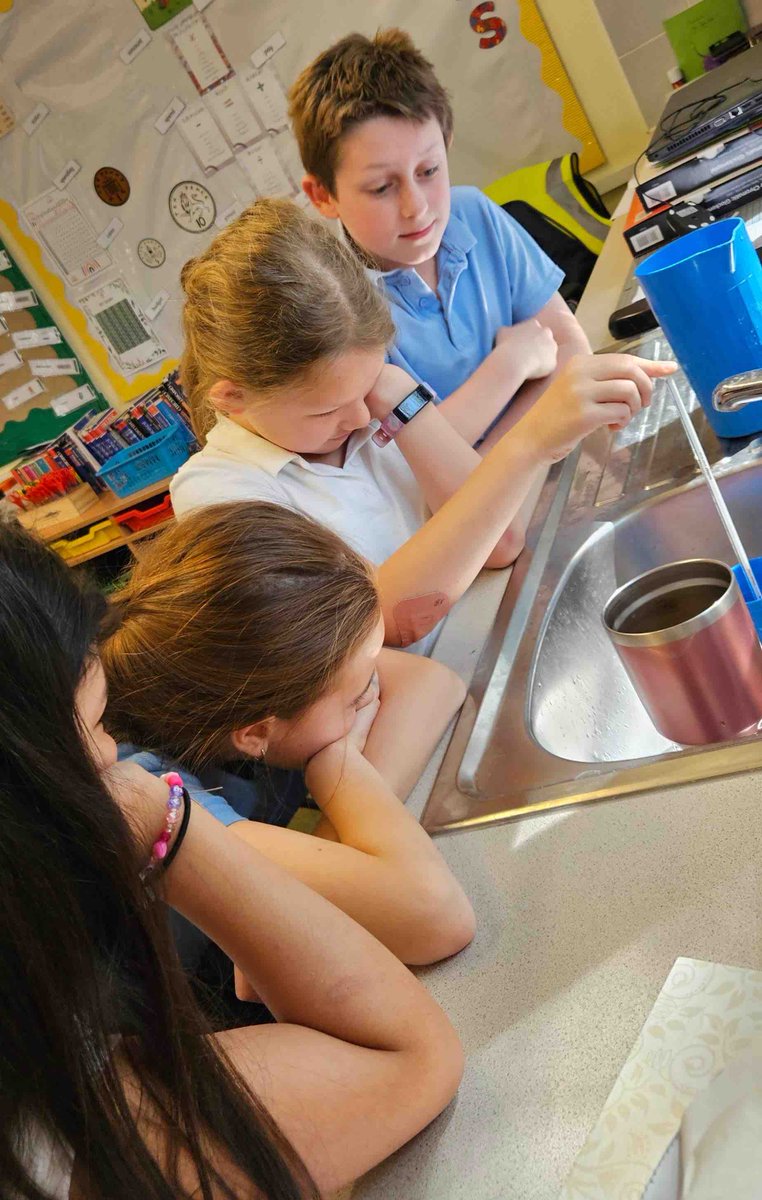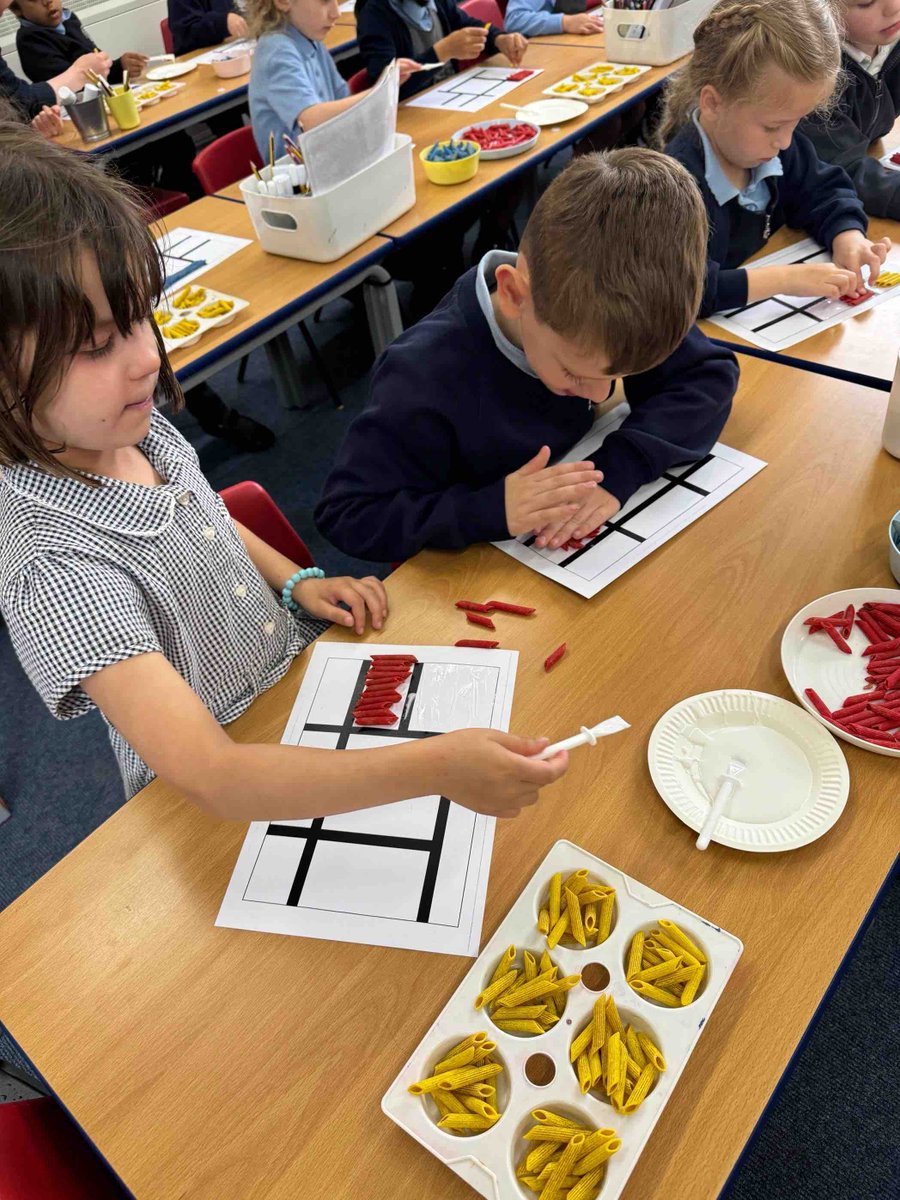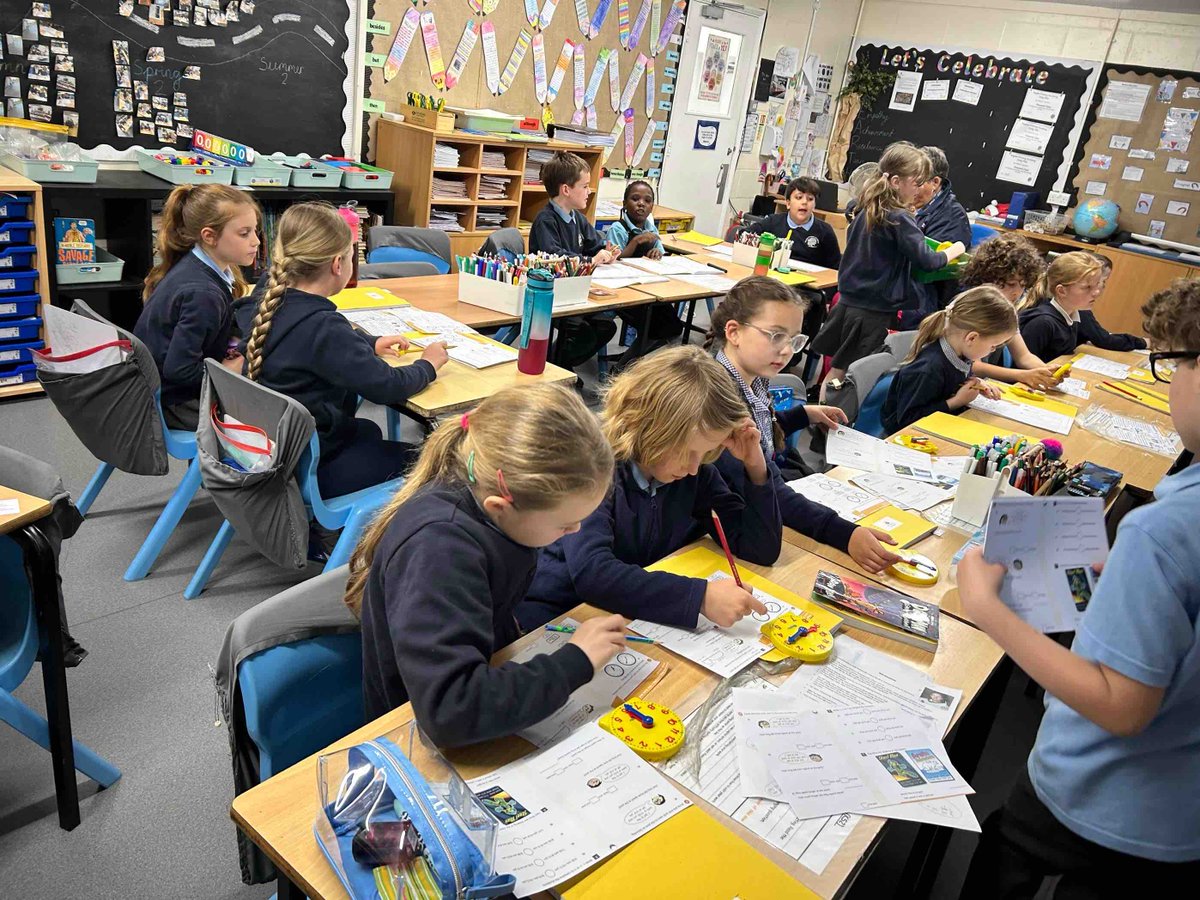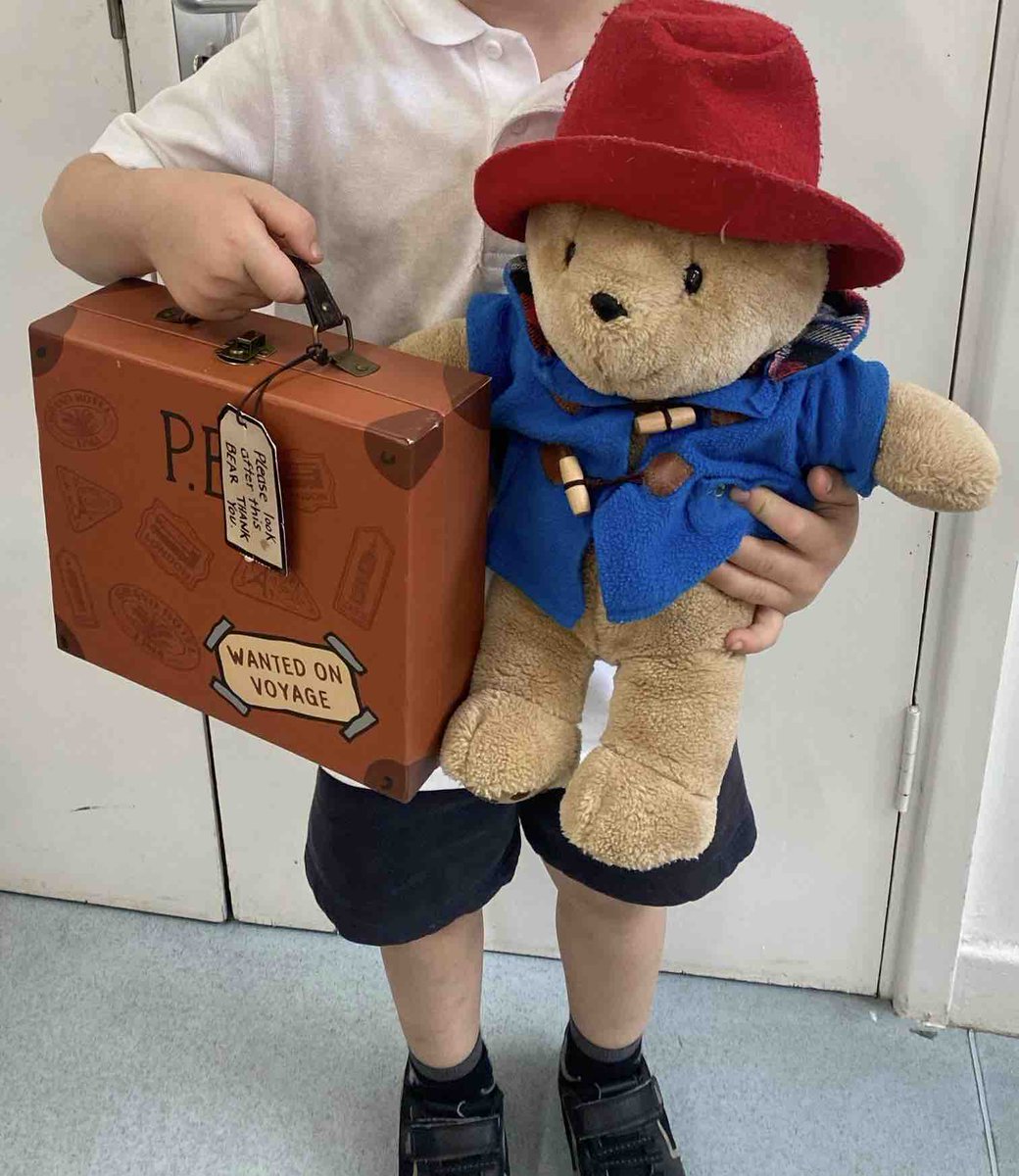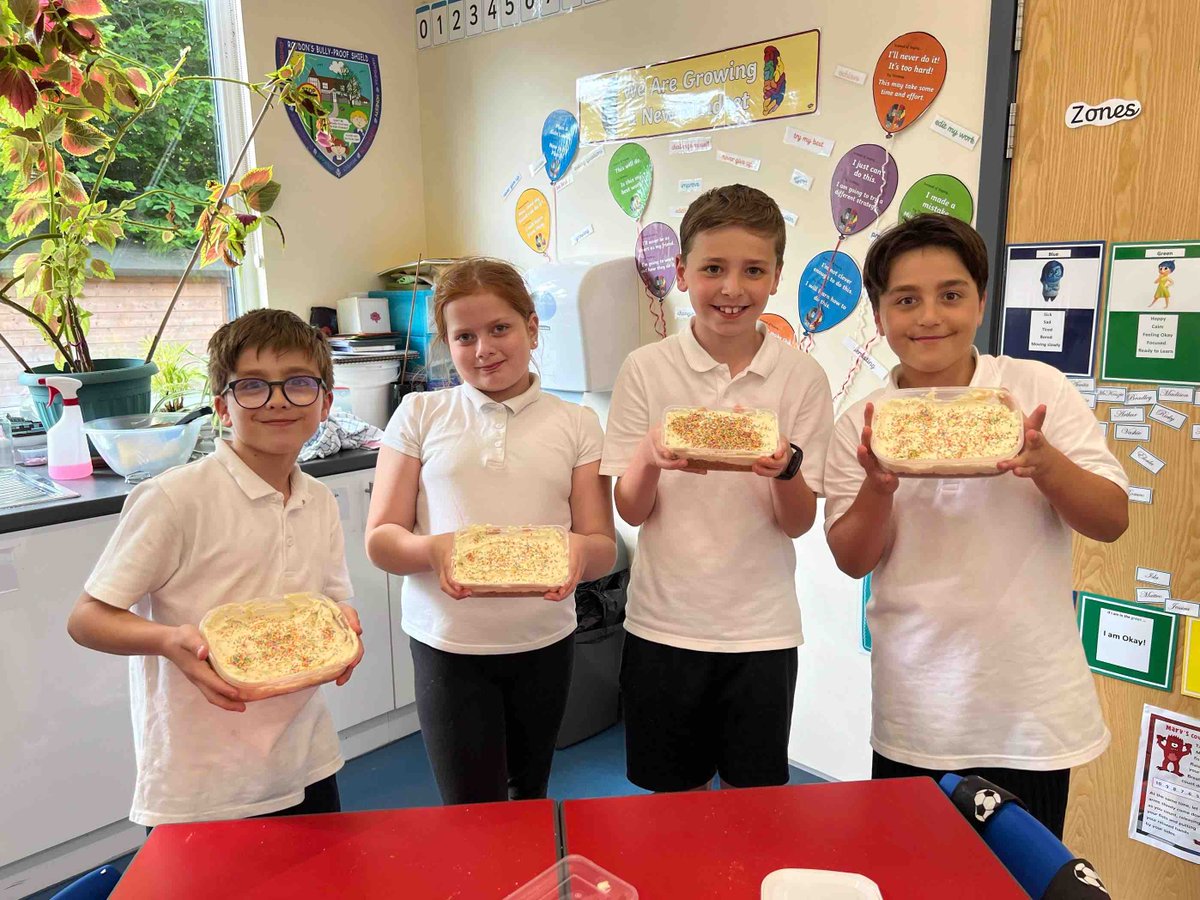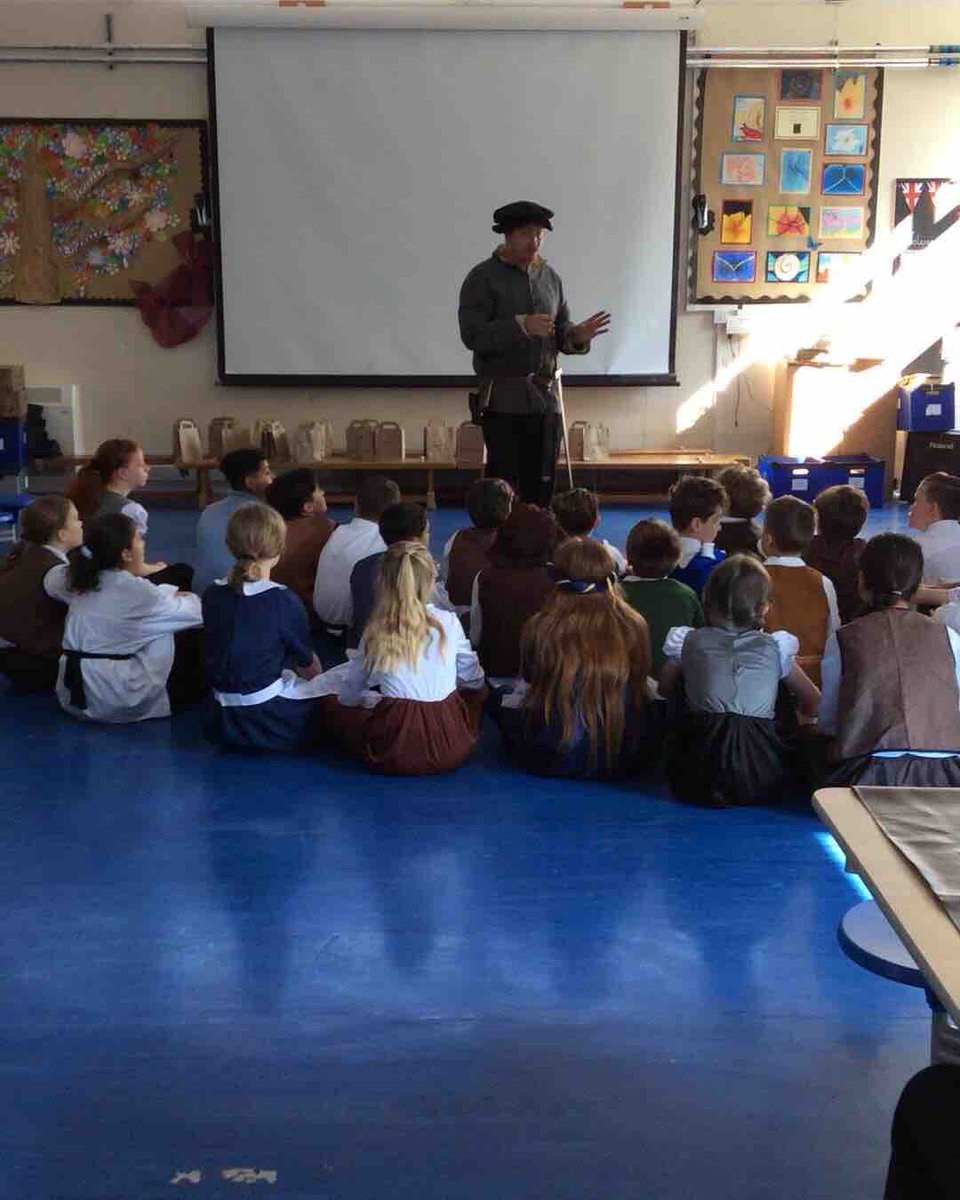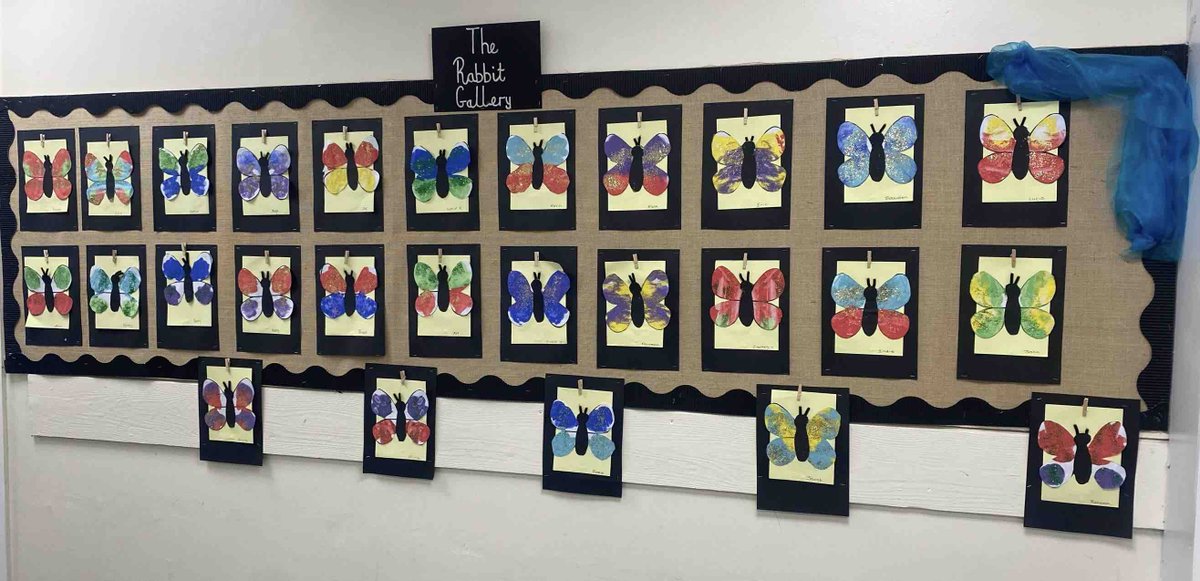Early Years
Early Years at Roydon Primary Academy
At Roydon Primary Academy, we believe a child’s early education is the foundation for their future success. Our Early Years Foundation Stage (EYFS) curriculum provides a safe, nurturing and stimulating start to school life in our Reception class.
We follow the statutory EYFS Framework, which ensures that children develop key knowledge, skills and attitudes through purposeful play and meaningful learning experiences. It prepares them not just for Year 1, but for a lifetime of learning.
You can read more about the framework here: Early Years Foundation Stage (EYFS) - Schools.
To give children the very best start, our Early Years provision is built on six guiding principles:
1. A Strong Start: Settling In
We know that starting school is a big step — for children and their families. That’s why we focus on building strong, trusting relationships from the very beginning. Our transition process includes:
- Home visits to meet families in a familiar setting
- Stay and Play sessions in our classrooms
- A welcome lunch at school with a parent/carer
- A gentle phased start with a settling-in week
- Warm, engaging, and inclusive learning environments
All of this helps children feel safe, confident and excited to begin their Roydon journey.
2. Learning Through Play
"Play is the work of the child." – Maria Montessori
Play is at the heart of how children learn in the Early Years. Through imaginative and open-ended play, children explore, solve problems, develop language and build relationships. Our classrooms are carefully designed to:
- Offer free choice and easy access to books, toys, and resources
- Encourage independence and curiosity
- Support learning through both child-led play and adult-guided activities
3. Positive Behaviour and Emotional Wellbeing
We help children feel secure by setting clear, consistent behaviour expectations from day one. Our team supports children in:
- Understanding and expressing their feelings
- Learning to manage emotions and behaviour in healthy ways
- Building positive relationships with adults and peers
Through calm guidance and close observation, we help children feel emotionally supported and ready to learn.
4. Language and Communication
Children thrive when they can express themselves and feel understood. Communication is woven into every part of the day — from playtime to story time. We support children to:
- Develop listening and speaking skills
- Share their ideas and feelings
- Engage in rich conversations with staff and peers
A strong foundation in language is essential for success across the whole curriculum.
5. Physical Development
Active children are happy, healthy learners. Our Early Years environment provides plenty of opportunities to move, climb, balance, build and explore. From outdoor play to fine motor activities, we help children:
- Strengthen their muscles and coordination
- Develop gross and fine motor skills
- Build confidence in their bodies
Physical development also supports children’s focus, independence, and overall wellbeing.
6. Growing as a Learner
In the Early Years, we teach children to become resilient, curious and confident learners. We encourage a growth mindset, where challenges are celebrated and mistakes are seen as part of learning.
This links directly to our ROOTS Values:
- R - Respect: We are kind, we care for the world around us, and we value each other.
- O - Open-mindedness: We listen, we learn, and we grow.
- O - Originality: We express who we are, safely and proudly.
- T - Team: Everyone contributes, everyone belongs.
- S - Success: We embrace challenges and are proud of our journey.
A Foundation for Life
The Early Years at Roydon is a place where curiosity is sparked, friendships are formed, and a love for learning begins. Through thoughtful teaching, play-based learning and warm relationships, we ensure every child is supported, challenged and celebrated.
If you’d like to visit our Early Years setting or speak to a member of our team, please get in touch. We’d love to show you how your child can thrive at Roydon.









